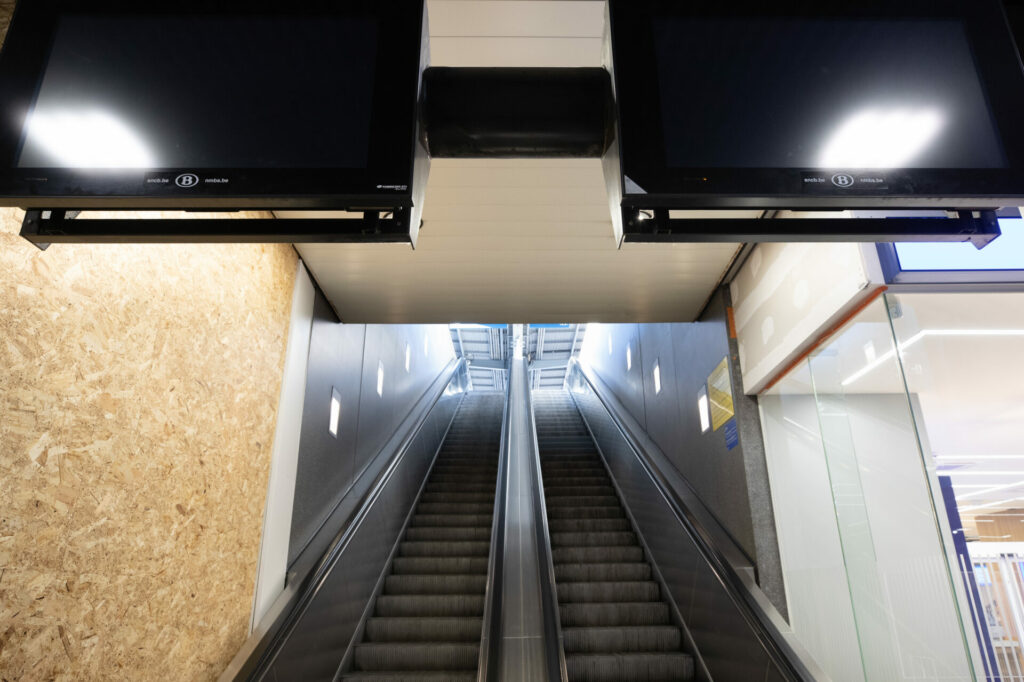The SNCB’s board of directors is discussing a proposal to scrap over 20 train stations, the names of which have been revealed in the Belgian daily Le Soir.
The proposal was discussed in detail at Friday’s board meeting, after already having been the subject of many internal discussions. Moreover, their meeting should also see them agree on a transport plan for the next three years, which it will then present to the Federal Government.
In all, 22 train stations have been highlighted by the railway operator as potential scrap. 18 of the threatened stations are in Wallonia, with nine alone in the province of Hainaut, while only four of them are located in Flanders.
The railway company is said to have chosen the stations with the lowest number of riders, especially those where fewer than 50 passengers got on during weekdays.
Here is the full list of the stations whose future hangs in the balance: Aalst-Kerrebroek, Aubange, Bambrugge, Bas-Oha, Beignée, Bleret, Callenelle, Erquelinnes-Village, Hainin, Harchies, Hourpes, Kijkuit, Labuissière, Landskouter, Leman, Marchienne-Zone, Masnuy-Saint-Pierre, Pry, Sclessin, Stockem, Sy and Voroux.
The SNCB’s management once again stated on Friday that removing these stations would make their railway lines faster, by gaining up to three minutes per stop, and would also result in fewer traffic disruptions with their main objective being to transport 30% more passengers by 2032.
Related News
- 'Moderately positive': Agreement reached on improving working conditions on Belgian railways
- SNCB sells nearly 60 train stations in last ten years
- 'Train class warfare': First-class criticism dismissed by €35 million annual profit
Furthermore, as previously reported, the SNCB is also looking to remove some of their P trains, which are only added to the schedule during rush hours.
However, all of these proposals will have to be approved by the Belgian Government and more specifically the Federal Mobility Minister Georges Gilkinet (Ecolo) who told a parliamentary committee on Tuesday of his opposition to the SNCB’s proposed scraps.

